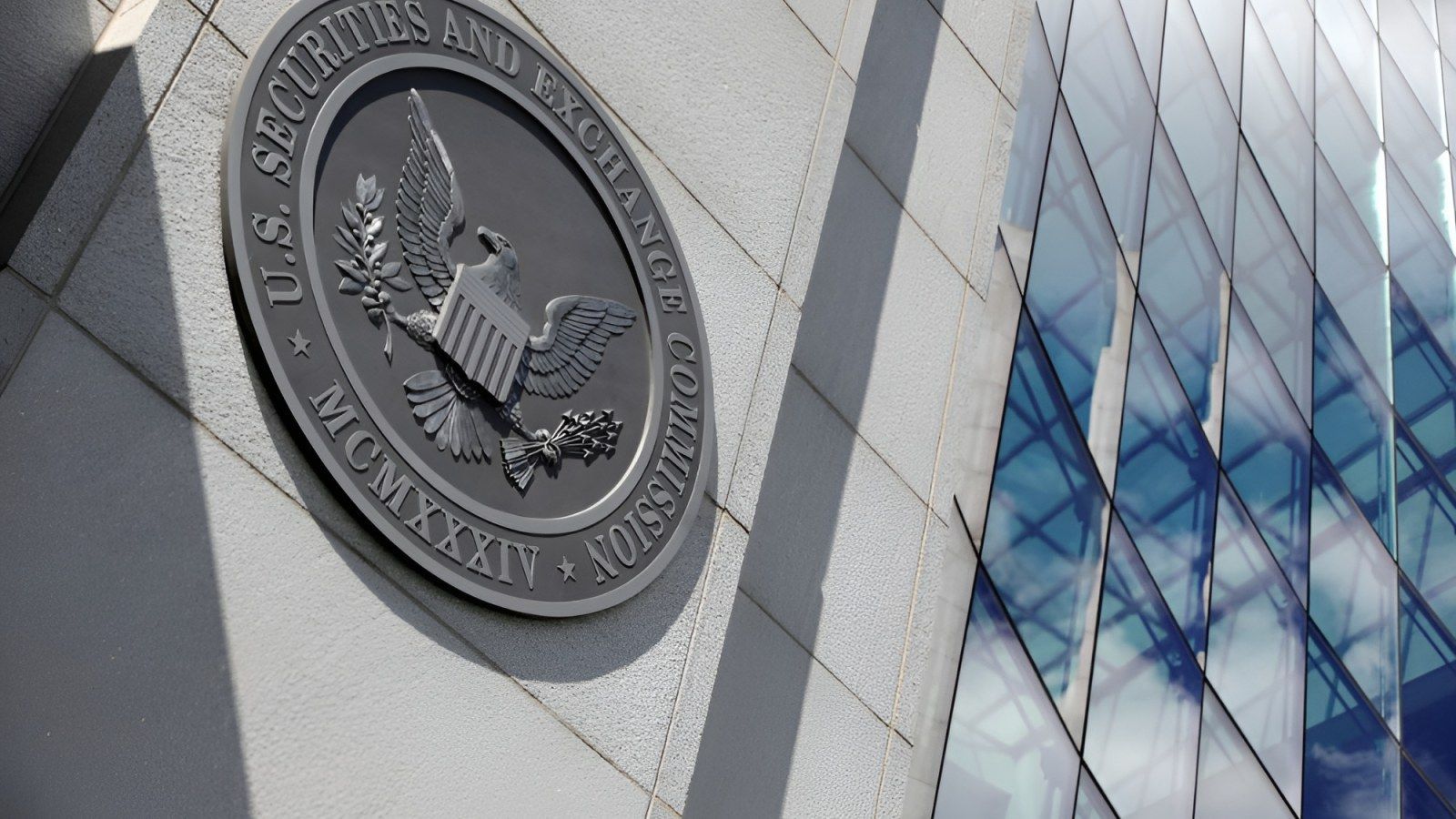Newsroom
Explore our newsroom for our weekly wreck, press releases, and trending topics.
Stock Buybacks: Show me the money!
“Show me the money!”
Just as it was the job of fictional sports agent Jerry Maguire (played by Tom Cruise) to get his clients the best deal possible, corporate executives and boards have the same responsibility for their shareholders. Perhaps the most direct way for boards to show investors the money is a stock buyback.

In the past decade, share repurchases have drawn the ire of many, with critics arguing that they line the pockets of executives at the expense of long-term shareholder value. However, in our view, share repurchases
often accomplish the very purpose for which a public corporation exists: increasing shareholder wealth. Share repurchases serve to increase the ownership of each individual investor and boost the stock price while avoiding the income tax that accompanies a dividend.
I. What can a company do with its extra cash?
To understand why we believe the critics are, shall we say, overcritical, we first need to understand why a buyback is initiated. Companies have a handful of ways to spend their cash:
- Capital expenditures
- Research & development
- Acquisitions
- Employee compensation (cash bonuses or otherwise)
- Reduce debt principal
- Return to shareholders in the form of a) stock buybacks or b) dividends
Management must evaluate these options, and consider their fiduciary duty to increase shareholder value. There are many reasons why management may believe that #6 (dividends and share repurchases) is the optimal way to return value to shareholders.
First, let’s address capital expenditures and R&D:
Matt Levine¹ gives the example of an oil & gas company that believes its future is limited as the global economy will move away from fossil fuels. This company can either 1) invest in green energy or 2) seek to return value to shareholders while the company dwindles away. If the oil company does not believe it has a competitive advantage over green energy companies, then its best option is not to invest more in oil fields that will never produce returns on investment but instead to distribute earning to shareholders.
As another example, if interest rates are high and/or if there is an economic downturn, executives may not believe that it is the right time for capital expenditures as they may not be able to make a return on their investment. A company may also decide that for any number of market factors, investment in R&D may not be worth it.
With regards to M&A being a poor path for capital allocation:
Executives can also choose to engage in acquisitions with extra cash on hand, but it’s important to remember that M&A is risky, with a study by Harvard Business Review putting the failure rate between 70 and 90%². With a failure rate that high, even if the company does believe there is an attractive acquisition opportunity, there is still a high probability that the acquisition will ultimately not result in an increase in shareholder value.
Stated otherwise, shareholders should remain skeptical of “empire building”. They ought to question if acquisitions, particularly those outside of the core business, are accretive to shareholder value.
What about sharing the profits with employees?
Contemporary critics argue that companies should more directly benefit their employees with extra cash in hand. While we do not disagree that employees should be appropriately compensated, we also believe that market forces will determine appropriate wages. If a company does not compensate its workers appropriately, it is likely they will struggle with hiring and retention, thus yielding poor results.
Ultimately, it is in the best interest of shareholders to pay employees no more than necessary. Therefore, it is not always the case that employee wages should increase simply because the company has extra cash on hand.
The bottom line: Returning value to shareholders in the form of share repurchases can be the best option to benefit shareholders under the appropriate conditions.
II. Why are people upset about stock buybacks?
Despite the logical result of the above analysis, critics have a few main complaints regarding stock buybacks:
a) Stock buybacks serve to line executives’ pockets
The argument goes like this: executives are typically rewarded based on performance-related metrics such as EPS (earnings per share) and TSR (total shareholder return). Stock buybacks increase both. Additionally, many executives are required (and often willing) to be compensated via equity. Therefore, management executes stock buybacks to line their own pockets.
There are a few problems with this theory, however:
1. If executives are rewarded for increasing shareholder returns (as we believe they should be!) then it is unavoidable for executives to be rewarded when shareholder returns increase.
2. Of the top 20 companies who perform stock buybacks, 74% adjust executive compensation³ based on stock buybacks.
3. This concern should ultimately be dealt with in compensation and say-on-pay votes and not capitalization. Share repurchases may be in the best interest of shareholders, and if shareholders are concerned that executives are profiting too much from them, their concerns can be voiced through compensation proposals.
b) Stock buybacks sacrifice the long-term health of the company
Critics argue that when companies spend their cash on stock buybacks, they are sacrificing the long-term health of the company in favor of short-term stock price increases and investor satisfaction. This theory does not pass the smell-test though, are executives truly foregoing attractive investment opportunities simply to pad the stock price? Considering their compensation is largely equity-based, executives have an incentive to deploy capital in a manner that will maximize returns to shareholders.
Surely, more often than not, it is the management involved in the day-to-day operations of the company that are best equipped to optimize capital allocation. Those managers and directors who consistently fail to deliver strong returns to shareholders should be replaced.
c) Stock buybacks sacrifice the long-term health of the economy
This is a similar argument to the previous one but is made from a broader national or global perspective of the economy and argues that en masse, stock buybacks are stifling the economy and preventing needed investment.
However, as summarized well in this article:
“… the redirection of available capital to the best available investment opportunities is the very purpose of a well-functioning capital market.” ³
In other words, if a company does not have attractive investments (i.e. the oil company in the previous example), then excess cash should be returned to shareholders, where shareholders can then invest in companies with attractive growth prospects (i.e. clean energy companies).
d) Stock buybacks artificially increase stock price
The notion that stock buybacks ‘artificially’ increase the stock price is problematic. Stock buybacks tend to increase the stock price, but companies typically repurchase shares when their stock is undervalued; therefore, the increase is not artificial. Additionally, stock buybacks are typically signals to the public that management is confident about the health of the company and can increase investor optimism.
III. Sidebar: Financial Crises
During the 2008 financial crisis and again during the Covid pandemic, large corporations, notably airlines and banks, received bailouts from the federal government. After becoming solvent again, these corporations resumed their stock buybacks. Critics argue that aggressive stock buybacks before these crises hit led to low cash reserves, leaving them unprepared for economic downturns. After the bailout, they resumed stock buybacks, effectively increasing shareholder value using taxpayer funds.
This argument falls short, however, because once taxpayer money is in the hands of these corporations via bailouts, they should use it to fulfill their sole purpose: maximizing shareholder value. Whether shareholder wealth increases due to stock buybacks, dividends, returns on investment, or successful M&A is irrelevant.
Rather than criticize management for fulfilling its fiduciary duty, critics should focus on (a) if bailouts were appropriate and (b) the structure of those bailouts.
IV. Bottom Line
The entire proxy services industry should be directed to help investors generate returns.
Capitalization matters are generally best left in the hands of management. While it is possible for boards to abuse their ability to buy back stocks, there are myriad other ways that executives may abuse their power. Proxy advisors may be accused of micromanaging corporations in this area by:
1. Setting thresholds for how many shares can be repurchased and at what price (as is the case with Glass-Lewis) or
2. Setting specific provisions under which a share repurchase plan may be approved (as is the case with ISS)
Stock buybacks have recently garnered attention in politics and corporate governance, but they are simply another method of returning value to shareholders. Indeed, they are a effective method for shareholders to tell management to “show me the money!”





